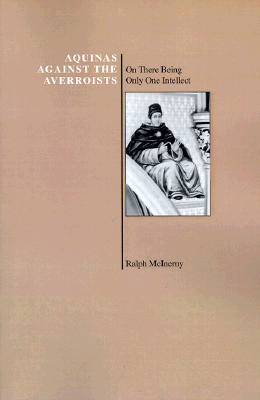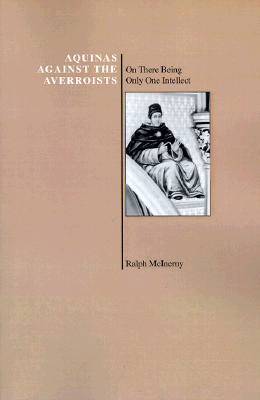
- Retrait gratuit dans votre magasin Club
- 7.000.000 titres dans notre catalogue
- Payer en toute sécurité
- Toujours un magasin près de chez vous
- Retrait gratuit dans votre magasin Club
- 7.000.0000 titres dans notre catalogue
- Payer en toute sécurité
- Toujours un magasin près de chez vous
Aquinas Against the Averroists
On There Being Only One Intellect
Ralph McInerny, Thomas Aquinas
Livre broché
23,95 €
+ 47 points
Description
In the mid-1260s in Paris, a dispute raged that concerned the relationship between faith and the Augustinian theological tradition on the one side and secular leaning as represented by the arrival in Latin of Aristotle and various Islamic and Jewish interpreters of Aristotle on the other. The introduction places this work historically.
Spécifications
Parties prenantes
- Auteur(s) :
- Editeur:
Contenu
- Nombre de pages :
- 236
Caractéristiques
- EAN:
- 9781557530295
- Date de parution :
- 31-10-93
- Format:
- Livre broché
- Dimensions :
- 228 mm x 153 mm
- Poids :
- 372 g

Les avis
Nous publions uniquement les avis qui respectent les conditions requises. Consultez nos conditions pour les avis.






